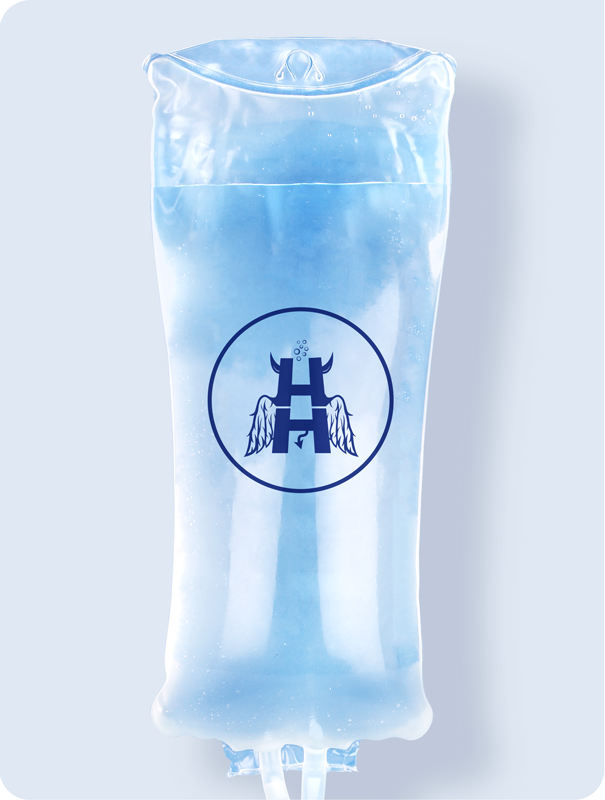Alpha-Lipoic Acid (ALA) is a potent antioxidant, as it contains two powerful antioxidant groups for each molecule of ALA. One of its most important characteristics is that, unlike most antioxidants, it is fat-soluble and water-soluble. This enables it to provide protection in a much wider range of physiological environments throughout the body, including the brain, while most IV antioxidants cannot cross the blood-brain barrier.
At the cellular level, ALA (which is made by the body and found in every cell) helps turn glucose into energy and also aids in recycling other antioxidants to participate in neutralizing dangerous free radicals.
Within the body, the normal levels of circulating ALA are relatively low, meaning that supplementation is necessary in order to experience ALA’s full benefits. Most of the ALA the body makes is consumed rapidly, so IV supplementation of this molecule can have major benefits.
The SYDNEY Trial Study Group found that patients with nerve damage caused by diabetes experienced statistically significant improvement in sensory symptoms (such as pain, burning, itching, tingling, and numbness) after undergoing intravenous alpha-lipoic acid therapy. These results were not achieved with oral supplementation. These same results have been found in Germany, where it is regularly used intravenously to heal diabetic nerve damage.
Research has shown that ALA is also significant for cancer patients. ALA has the power to modify and regulate genetic expression, causing genes that spur the development of cancer to be turned off. ALA along with Vitamin C can support cancer prevention and treatment.

